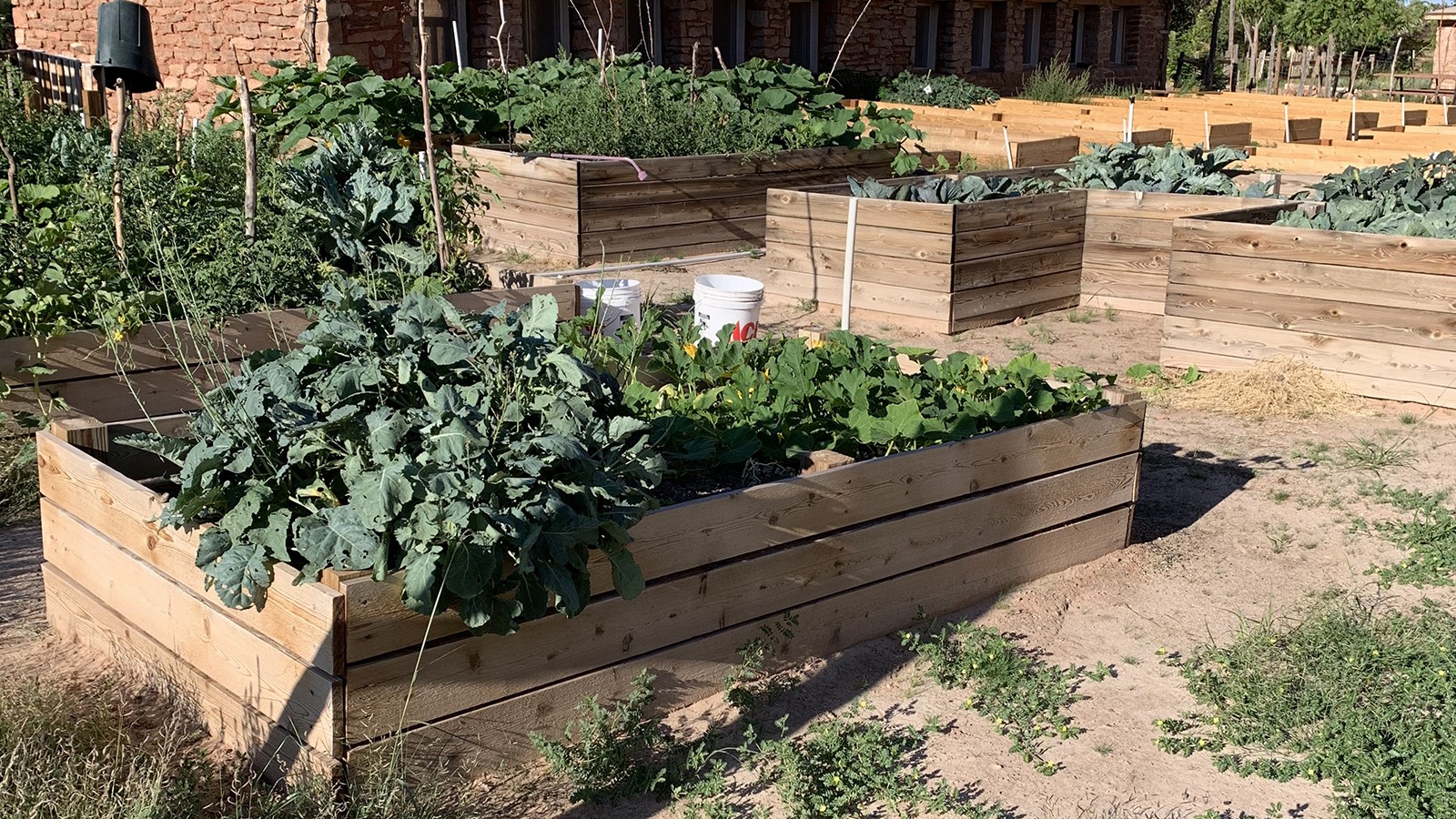Q&A: USU Extension Receives Grant for Native American and Refugee Farmers
By Kailey Foster |
USU Extension recently received a grant to fund programs that will enhance farming opportunities for refugee and Native American farmers in Utah.
Utah State Today regularly highlights work created by the talented student journalists at Utah State University. The following story was published by Utah Public Radio prior to its inclusion in Utah State Today.
Kailey Foster: Recently a USU Extension received a grant that would fund programs to enhance farming opportunities for Native Americans and refugees. Joining me today is Dr. Kynda Curtis, USU Extension economist and project coordinator.
So, what will this grant fund help do?
Dr. Kynda Curtis: Yeah, so we were awarded a three-year grant from USDA as part of their Beginning Farmer and Rancher Program. This is the second time we've been awarded this grant. And it helps over the course of three years, it provides $600,000; so basically $200,000 annually to continue current refugee and Native American incubator farms in Utah and to create two new farms.
We currently have four farms. We have one in Redwood Road in Salt Lake City, we have another at Wheaton Farm in South Salt Lake Valley, we have one in Logan, Utah, and we have one in Bluff, Utah.
The three farms in northern Utah serve refugee farmers. Most of the refugee farmers that we're serving in the greater Salt Lake area are from Africa. Those that we're serving in Logan are primarily from Southeast Asia. And we have partners we're working with, the International Rescue Committee at the two Salt Lake farms, and we're working with CRIC, which is a refugee education center here in Logan, Utah, on the Logan farm.
In the previous grant, we established a Native American-serving farm down in Bluff. It's at the St. Christopher's mission, and it serves approximately 19 Native American farmers. And we'll be expanding to a new farm in Mexican Water (Arizona) and also explained expanding some farming services for students at the (USU) Blanding Campus.
KF: So what kind of need is there for programs like this?
KC: Well, it's two-pronged, as I mentioned. I mean, a lot of these farmers are growing for their families. Another thing is that it provides economic opportunity. They're selling the things that they produce, most of our farms help them sell or even sell for them. So like in the Salt Lake area, we have established farmers markets and established community-supported ag programs. And so some of the people who work for IRC, they collect all the harvest, they clean it, they package it, they sell it.
Another thing is many of our refugee farmers, they come from war-torn areas, and the act of farming is very good to help them recover mentally from those aspects. So there are several things: there's having nutrition and food, there's economic opportunity, and there's also the mental health benefits, as well.
KF: And why is this program unique to USU Extension?
KC: We are one of the few, actually, in the Intermountain West, who have an active incubator farm program for refugees and Native American farmers. And that's a lot due to the success that we've had in obtaining these grants. We work with partners, we're not the only ones involved as I mentioned.
WRITER
Kailey Foster
President
Utah State Agricultural Communicators of Tomorrow
kaileymfoster@gmail.com
CONTACT
Kynda Curtis
Professor
Department of Applied Economics
kynda.curtis@usu.edu
ADDITIONAL RESOURCES
TOPICS
Extension 449stories Statewide Campuses 338stories Grants 228stories Agriculture 225stories Food 167stories Farming 77storiesComments and questions regarding this article may be directed to the contact person listed on this page.







